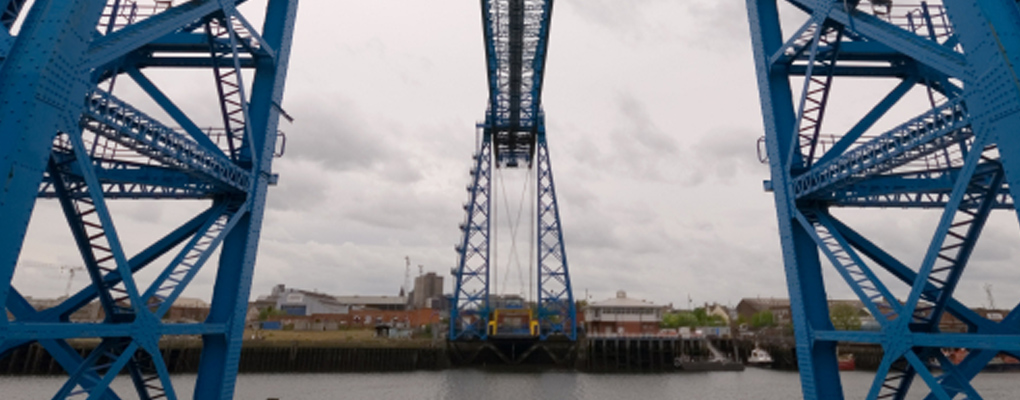This is according to new analysis published today, which sets out three policy priorities to help the new metro mayor hit the ground running from the start of their term.
Andrew Carter, Deputy Chief Executive of Centre for Cities, said: “The Tees Valley metro mayor will face many challenges when they take office, including acting on their campaign pledges, preparing the city region for Brexit, and establishing the new mayoral office. To make a success of the role, it’s vital that the mayor acts quickly to address the biggest issues that the city-region faces.”
The Centre for Cities analysis includes one ‘quick policy win’ to set the tone for the mayor’s time in office, along with two long-term strategic priorities for the city-region:
Priority one (quick policy win in early days of office)
Set out a plan to help people affected by the Redcar steelworks closure to retrain and access other jobs
Andrew Carter said: “The most urgent challenge facing the new metro mayor will be dealing with the impact of the SSI steelworks closure, and from day one they should set out a plan to support former employees who are yet to secure a new job. In particular, the mayor should work closely with central Government, local councillors and businesses to provide support for people to retrain, and to help them access job opportunities. Obviously the results will take a while to be felt, but signalling their intention to address this issue as a top priority will be crucial for the new mayor in winning the trust and support of people across the city region.”
Long-term strategic priorities
Help long-term unemployed people across the city region get into work
Andrew Carter said: “The Tees Valley has high and persistent levels of unemployment, with the share of local residents receiving employment benefits more than twice the national average, and youth employment even higher again. The new mayor must bring together all the different agencies involved to create a more joined up approach to addressing the social, health and economic factors which prevent people from working. The experiences of trying to do this in Greater Manchester through the Working Well programme offer important insights for the Mayor in how this can be done.”
Make the most of Middlesbrough city centre to attract more high-skilled, high-waged firms and jobs in a range of industries
Andrew Carter said: “The closure of SSI demonstrates that for the city region to be successful in the future, it needs to do more to support high-skilled, high paying businesses and jobs across a broader range of industries, not just manufacturing. Our research shows that these kinds of businesses typically prefer to locate in vibrant city centres, but Middlesbrough city centre is currently punching below its weight in attracting these kinds of firms. The new mayor should focus on investing in and improving the centre of Middlesbrough, to make it a better place for businesses to locate and create jobs in. This will be critical in boosting employment and wages in the kinds of industries which will help the city region and its residents to prosper now and in the future.”
Andrew Carter continued: “There’s a lot at stake for the new mayor, and showing that they mean business from day one will not only be vital in building trust with local people across the Tees Valley – it will also be crucial in achieving their vision for the city-region and securing the long-term future of the mayoral office.”
ENDS
For more information or to set up an interview, please contact Brian Semple on 0207 803 4316 or b.semple@centreforcities.org

